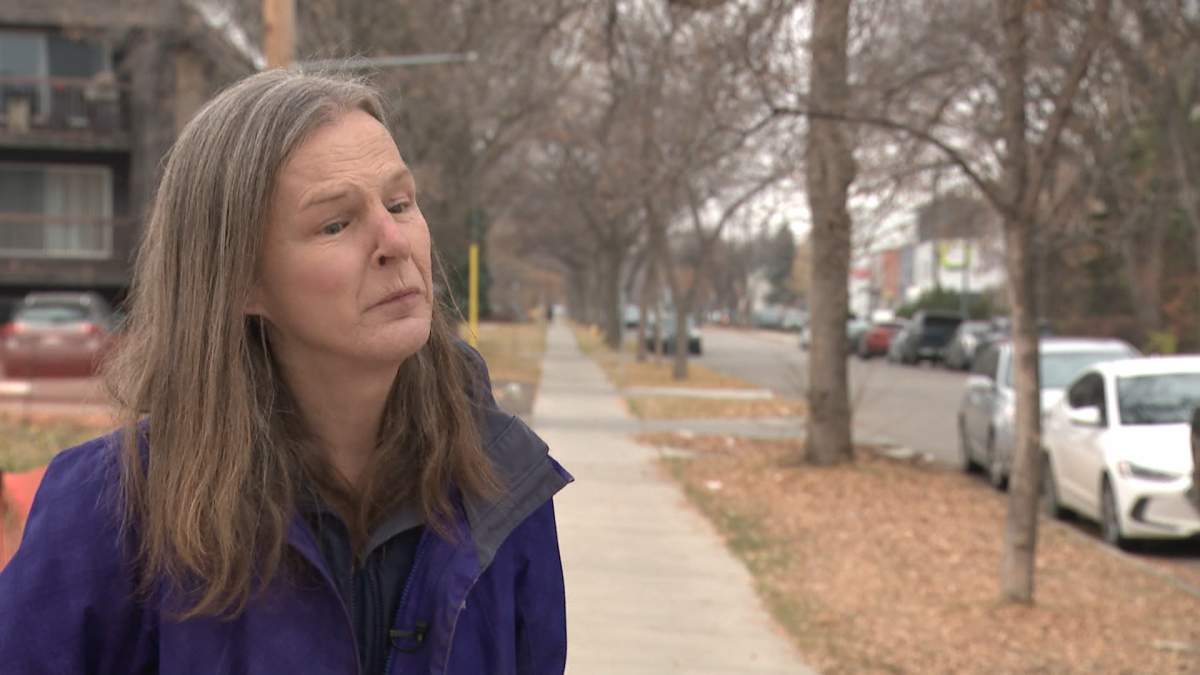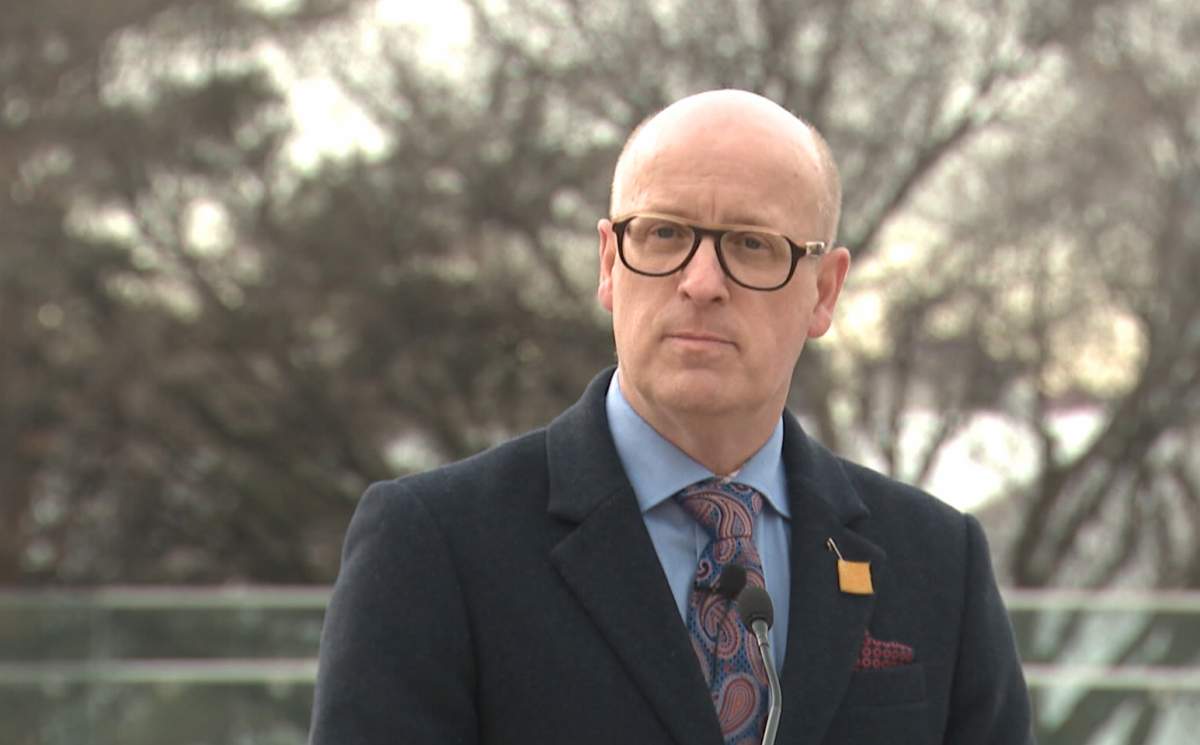“I was angry.” That’s how Lisa Hardy, a soccer player from Edmonton, describes her reaction to the new legislation tabled in the Alberta legislature this week.

Among the trio of bills is the Fairness and Safety in Sport Act.
It would ban transgender athletes from competing in leagues not designated co-ed and require school and sports organizations to report eligibility complaints.
Sport Minister Joseph Schow said sex registration at birth would determine competitive eligibility.
Hardy, who identifies as a transgender athlete and has played soccer for almost two decades, tells Global News, the legislation would prevent her from playing in women’s soccer leagues even though she has had gender-changing surgery.
“For all intents and purposes, I consider myself female,” said Hardy.
The government defends the legislation saying it is aimed at protecting fairness and safety in sports.
“I hear from the other side that it’s unfair for transgender females to play against biological females,” said Hardy, who added, “I feel the same way taking part in co-ed sports with males. Some males are more aggressive so I would feel my safety or injury would be at risk.”
Hardy expects the legislation will end up in court.
Another government bill, the Health Statutes Amendment Act, 2024, would prohibit doctors from treating those under 16 seeking transgender treatments such as puberty blockers and hormone therapies.

Get weekly health news
It would also prohibit health professionals from performing sex reassignment surgeries on minors.
Currently, national policy restricts bottom surgery across Canada to those 18 and over, and such procedures don’t take place in Alberta.

The other piece of new legislation, the Education Amendment Act, 2024, would require children under 16 to have parental consent if they want to change their names or pronouns at school. Specifically it would require schools to:
- notify parents and seek their consent for a student 15 years old and under if they request that school staff refer to them by a new gender-related preferred name or pronouns;
- notify parents of a 16- or 17-year-old student’s request for school staff to refer to them by a new gender-related preferred name or pronouns at school.
Asked how Alberta teachers plan to deal with the legislation, the head of the Alberta Teachers Association is hesitant to say.
“We will have to see what the polices are and what the regulations say,” said Jason Schilling. “Right now we just sort of have a broad framework of legislation and school boards have time to look at them as educators, so I would encourage boards and governments to make sure they are including the association and teaches in these conversations.”
Schilling said schools also need more resources to help “students who disclose something of a sensitive nature and are worried about how to talk about it at home.”
“We need more counsellors in our buildings to deal with mental health.”
For example, Schilling said, the school he worked in before becoming president of the ATA, “only had a counsellor once a week and that’s not good enough.”
When asked how the new rules would be enforced in schools, Alberta Premier Danielle Smith said the Alberta Teaching Profession Commission has the ability to discipline teachers if they defy the government’s direction.










Comments
Want to discuss? Please read our Commenting Policy first.